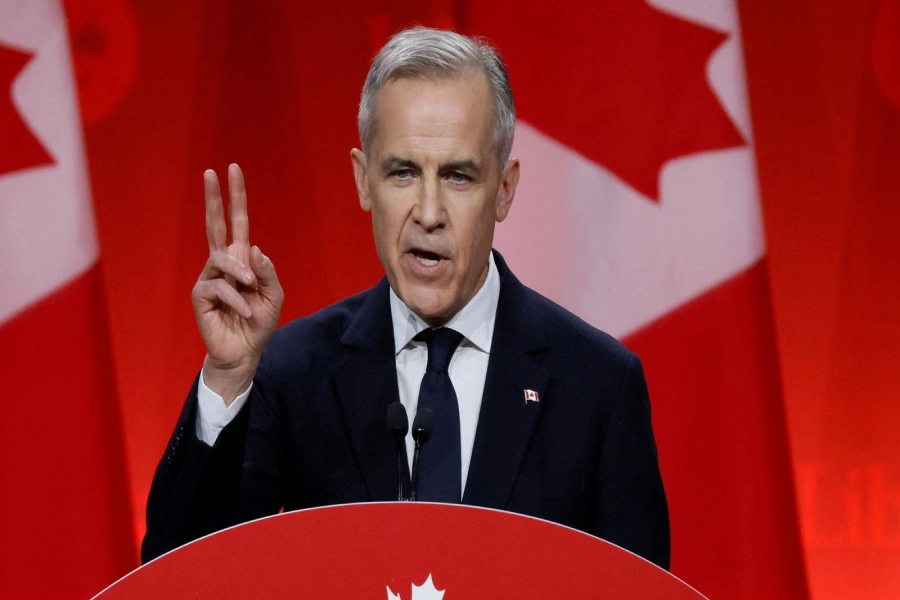The popularity of electric vehicles (EVs) in Nepal has been on the rise and the country’s efforts to transition toward EVs are becoming increasingly visible. According to the Department of Customs, a total of 1,807 EVs were imported in the country in the last fiscal year 2021/22, which is a significant increase from a mere 249 units in the previous year 2020/21. Notably, in the first seven months of the current fiscal year, Nepal has already imported 2,009 EVs, a testament to the country's unwavering commitment to promoting clean and green transportation. This remarkable progress signifies the country’s bold strides towards building a sustainable future for generations to come.
The surge in the import of EVs is expected to have a significant positive impact on the environment and the economy. The use of fossil fuels for transportation is a major contributor to air pollution and climate change. According to the Department of Customs, Nepal spent Rs 164.15 billion on the import of petroleum products in 2019/20, which increased to Rs 175.61 billion in 2020/21 and to a whopping Rs 334.34 billion in 2021/22. This indicates that the average percentage share of petroleum in the country’s total import is around 17.5 percent. By reducing the import of fossil fuels through the adoption of EVs, Nepal can not only reduce its carbon footprint but also improve its balance of payments and reduce the trade deficit.
The economic benefits of EVs extend beyond reducing the import bills for fossil fuels. EVs have proved to be cheaper to operate and maintain compared to their fossil fuel counterparts. They have lower fuel and maintenance costs, which can significantly reduce the overall cost of transportation. This makes EVs a more cost-effective solution, especially for low-income households and small businesses. Moreover, the increased demand for EVs will create new opportunities for local businesses and entrepreneurs, leading to job creation and economic growth.
EVs uptake: Paving the path to a sustainable future for Nepal

Also, the recent surge in EV imports presents Nepal with a golden opportunity to establish itself as a trailblazer in sustainable transportation, at least in South Asia. While the government's recent positive stance towards EVs is encouraging, it is imperative that it takes a more pragmatic approach towards their categorization. While the imposition of a nominal tax on EVs with up to 100 kW capacity is commendable, the government's classification of all EVs above this threshold as "luxurious goods" is counterproductive and runs contrary to its stated goal of promoting EVs. It is high time that the government recognized the practicality and benefits of all EVs and eliminated such arbitrary distinctions.
The government should also provide incentives and subsidies for the import and use of EVs. That would encourage many entrepreneurs to venture into this sector. However, there are other challenges as well that need to be addressed, especially in terms of infrastructure. The lack of adequate charging infrastructure is a major barrier to the adoption of EVs in many countries, including Nepal. In Nepal, there are only about 40 EV charging stations across the country, which is too few, to say the least. Therefore, there is a need for more investment in charging infrastructure, especially in rural areas.
Nepal also has the potential to become a hub for EV manufacturing and assembly. The country has a pool of skilled and semi-skilled workers, which can be trained for EV production. Moreover, Nepal has access to abundant renewable energy resources, such as hydroelectricity, which can be used for EV charging. This presents an opportunity for Nepal to not only reduce its dependence on fossil fuels but also become a supplier of EVs and EV components to other countries in the region.
The surge in EV imports represents a remarkable opportunity for Nepal to embrace a brighter future, both economically and ecologically. The potential benefits of EV adoption are manifold and must be recognized as such. Not only does it mitigate the negative environmental impact of fossil fuels, but it can also reduce Nepal's dependence on such imports, provide new prospects for local businesses, and position the country as a global leader in sustainable transportation.
However, to fully realize the potential of EVs, significant investment must be made in charging infrastructure and expertise development. With the right policies and investments in place, Nepal can emerge as a vanguard in the EV revolution, spearheading the adoption of these technologies and contributing significantly to global efforts towards a sustainable future. It is time for Nepal to seize this opportunity and pave the way towards a brighter, cleaner, and more prosperous future for its citizens and the world.



































